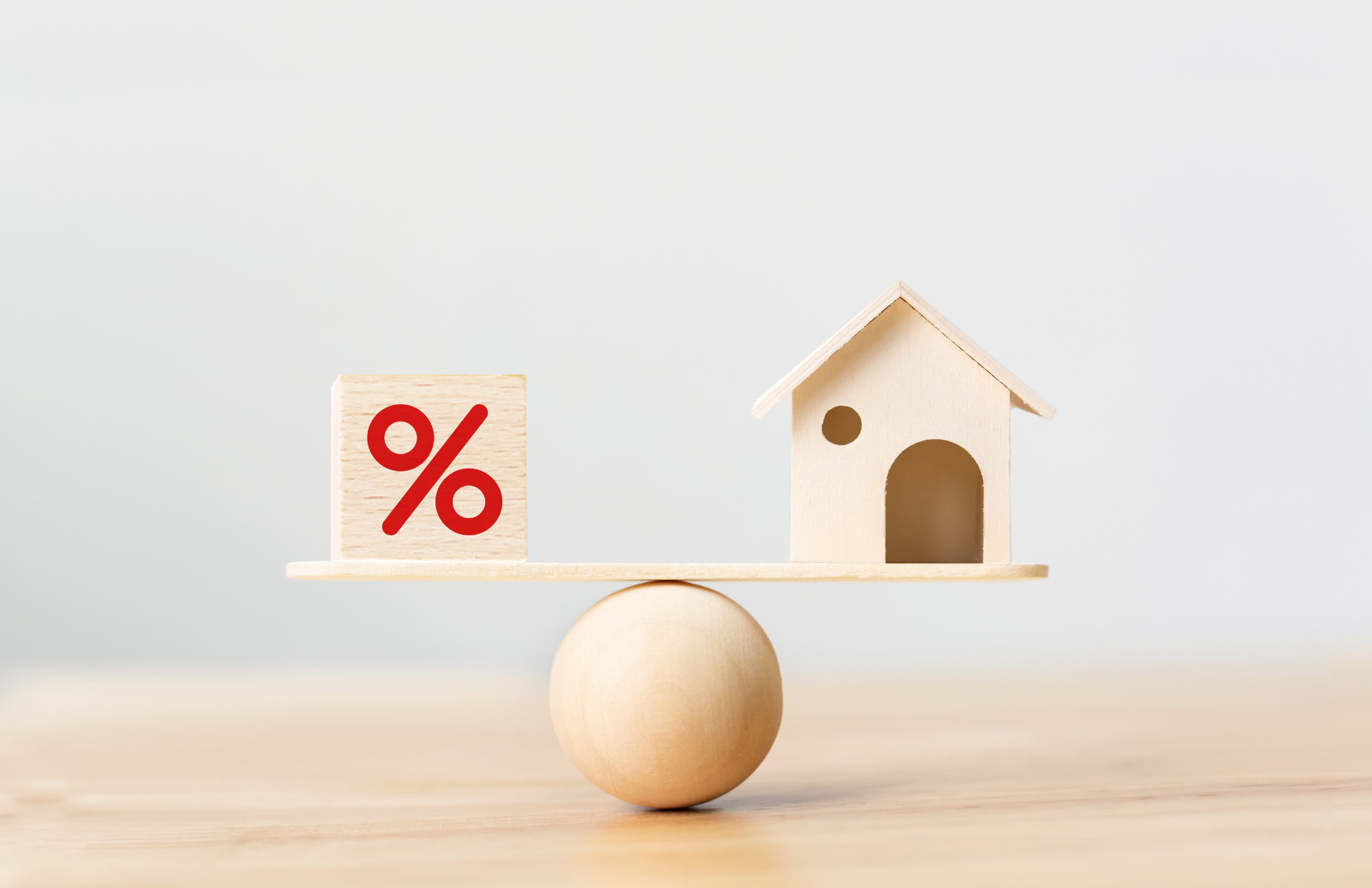 Understanding Mortgage Rates
Understanding Mortgage Rates
Let’s start with the basics. A mortgage rate is essentially the interest you’ll pay on your home loan. It’s the cost you incur for borrowing money to secure your dream house.
But why do these rates fluctuate instead of staying constant? It’s a great question and understanding the answer is key to navigating the real estate market.
The Factors That Influence Mortgage Rates
Mortgage rates aren’t arbitrary figures. They’re heavily influenced by a mix of national and global economic factors. These include elements like inflation, economic growth rates, central bank policies, and even geopolitical events.
Inflation is one such factor that heavily influences mortgage rates. As prices for goods and services increase, lenders need to maintain a certain level of profitability. To achieve this, they often raise interest rates, making borrowing more expensive.
Economic growth rates also play a pivotal role. When an economy is booming, consumers are more likely to take on debts, including mortgages. This increased demand can lead to higher mortgage rates. Conversely, in times of economic slowdown or recession, demand for mortgages may decrease, potentially leading to lower rates.
Central bank policies have a direct impact on mortgage rates. These financial institutions, like the Federal Reserve in the United States, control short-term interest rates. When the central bank raises these rates, banks and other lenders typically follow suit by increasing their own rates, including those for mortgages.
Lastly, geopolitical events can cause shifts in mortgage rates. For instance, if a major oil-producing country experiences political instability, it can lead to a rise in oil prices. This, in turn, can increase inflation and cause mortgage rates to climb.
In essence, mortgage rates are a reflection of the overall economic landscape, influenced by a myriad of factors that extend far beyond the individual borrower’s control. Understanding these elements can provide valuable insight into the ebb and flow of mortgage rates, aiding consumers in making informed decisions.
Think of it this way – the mortgage rate scenario is much like the weather. Just as various atmospheric conditions determine whether it’s going to be rainy or sunny, several economic factors come together to decide where mortgage rates stand at any given moment.
To Buy or Not to Buy: That is the Question
A common question among potential homebuyers is whether they should wait to buy a house when the rates are high. While it might seem logical to wait for rates to drop, the decision isn’t that straightforward.
When rates are high, home prices tend to stabilize, making it a more predictable market. On the other hand, when rates go low (or extremely low, as we’ve seen in recent years), home prices can skyrocket due to increased demand.
The decision to buy a home doesn’t solely depend on mortgage rates. It’s also about your personal circumstances, financial stability, and readiness to invest in a home. Speaking with a real estate agent can help you weigh the pros and cons and make an informed decision.
Knowledge is Power
Understanding mortgage rates and their influence on the housing market empowers you to make informed decisions about your home investment. So, next time you hear chatter about mortgage rates, you’ll be well-equipped to understand what’s going on.
Remember, knowledge is power – especially when it comes to making one of the biggest investments of your life. Stay informed, stay prepared, and navigate the world of real estate with confidence.


 Facebook
Facebook
 X
X
 Pinterest
Pinterest
 Copy Link
Copy Link
